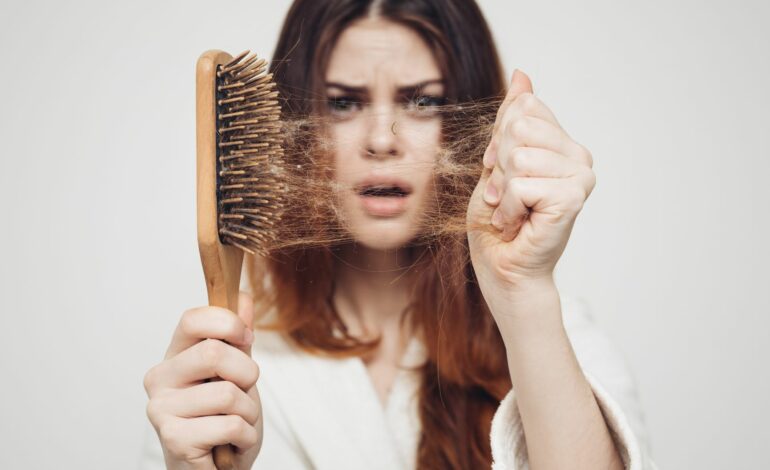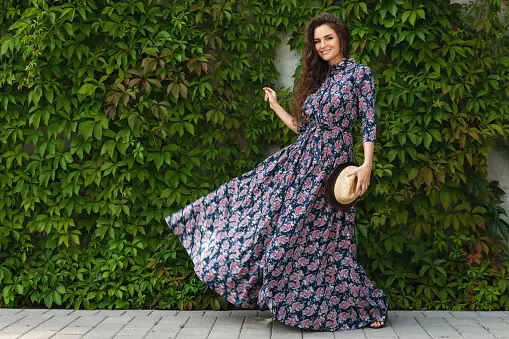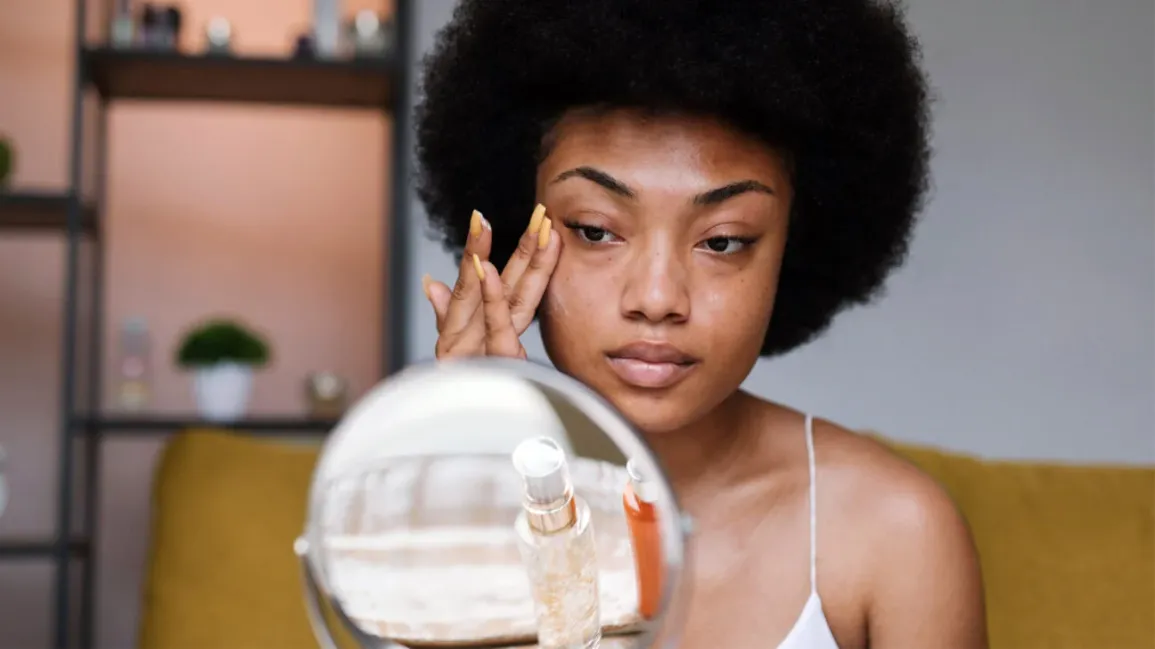
The Link Between Diet and Hair Loss: What You Need to Know
Experiencing hair loss can significantly affect both your appearance and self-esteem. Self-esteem plays a pivotal role in shaping how individuals perceive themselves and interact with the world around them. That said, while genetics and hormonal imbalances often play major roles, the impact of diet on scalp health is critical yet frequently overlooked.
Making informed dietary choices can promote follicle growth and enhance overall scalp condition. For individuals considering or undergoing treatments like a FUE hair transplant, optimizing your diet is crucial for success.
Nutritional Deficiencies and Their Impact on Follicles
Diet directly influences follicle health through nutritional intake, as these structures require a mix of vitamins, minerals, and other nutrients to sustain their growth and vitality.
Protein: The Building Block
Keratin is a protein and it is the main component hair. As such, a lack of this protein can lead to brittle strands and increased shedding. Including sufficient protein from sources like fish, lean meats, eggs, and legumes is essential.
Iron: Essential for Growth
Iron deficiency is a leading cause of hair thinning. It is vital for producing cell protein, without which you might notice the increased loss. Iron-rich foods include spinach, red meat, lentils, and fortified cereals.
Zinc: Supports Repair
Zinc plays a significant role in tissue growth and repair. It also ensures the oil glands around the follicles are functioning properly. Nuts, whole grains, and dairy are excellent zinc sources. Besides, zinc-rich foods can contribute to healthier hair and skin while supporting overall well-being.
Vitamins A and C: For Scalp Health and Growth
Vitamin A aids in the production of sebum, which moisturizes the scalp and helps keep hair strands healthy. Sources include carrots, sweet potatoes, and kale. Vitamin C is crucial for producing collagen, an important part of hair structure, and helps with iron absorption. Citrus fruits and strawberries are potent sources.
The Risks of Fad Diets
Fad diets often lack essential nutrients and promote rapid weight loss, both of which can contribute to hair fall. When the body lacks sufficient nutrients or undergoes significant weight changes, follicles may enter a resting phase, halting new growth and causing increased fall-out. A balanced diet supports not only your overall health but also that of your scalp and strands.
The Importance of Hydration
Hydration is crucial for maintaining strong, healthy strands. Dehydration leads to brittleness and breakage and can impede hair growth. Ensuring adequate water intake is simple and profoundly impacts follicle health.
Dietary Supplements: A Necessary Addition?
While diet adjustments are preferred for addressing deficiencies, sometimes supplements are necessary. So, consult a healthcare provider before starting supplements to ensure they are appropriate and won’t interact with other conditions or medications.
Advanced Solutions: FUE Hair Transplant
For significant loss, dietary changes might not suffice. An FUE hair transplant offers a minimally invasive solution by transplanting follicles from healthier parts of the scalp to thinning areas, effectively restoring growth. A healthy diet can complement such treatments, enhancing both the success and durability of the results.
Diet plays a pivotal role in maintaining not just hair health but also in supporting follicle growth and retention. Ensuring adequate intake of vitamins, proteins, and minerals is crucial for robust growth and minimizing loss. While genetics also play a significant role, combining nutritious eating habits with advanced restoration treatments like an FUE hair transplant can effectively combat thinning. The foundation for vibrant and healthy hair truly starts from within.





